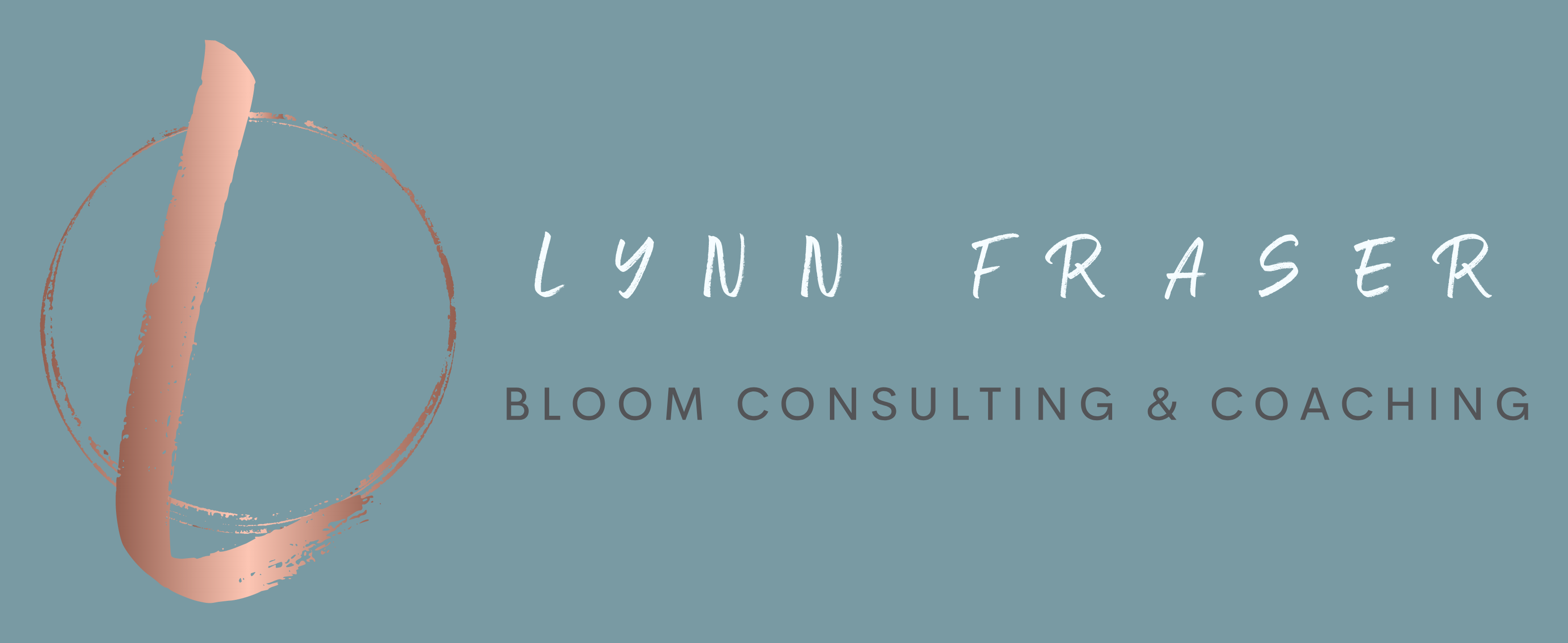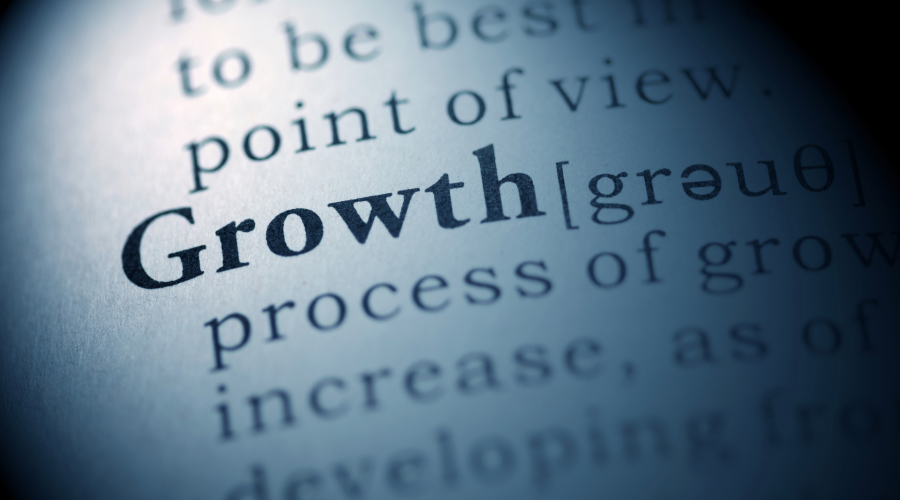The Growth Mindset
As we have all discovered over the last year, life happens! But, opting to use our experiences to grow, is optional. Whether we choose to learn from our mistakes, adapt our behaviors and adjust our course, or continue as usual and roll with the punches, is purely a personal decision.
It was Socrates who said that “The unexamined life is not worth living” and I believe that what he meant was: if we are to appreciate life and all it has to offer, we first need to know ourselves, examine ourselves and learn how to adjust our behaviours to get the best out of it. And this is the basis of the growth mindset.
The Growth Mindset Versus the Fixed Mindset
It was the American Professor of Psychology and respected Author, Carol Dweck who first coined the term the “Growth Mindset”. Her theory earned her multiple awards but more importantly, got us thinking about our natural ability versus our own effort.
“In a growth mindset, people believe that their most basic abilities can be developed through dedication and hard work—brains and talent are just the starting point. This view creates a love of learning and a resilience that is essential for great accomplishment.” (Dweck, 2015)
On the other end of the spectrum, a fixed mindset is one that assumes that our abilities and understanding are fixed. Those with a fixed mindset may not believe that intelligence and ability can be enhanced, and that what you were born with is what you get, when it comes to abilities and talents.
This difference in mindset may lead to marked differences in our behaviours. If someone believes intelligence and abilities are static traits, they are not likely to put in much effort to change their inherent intelligence and abilities. On the other hand, those who believe they can change these traits may be more willing to put in extra time and effort to achieve their more ambitious goals. “With a growth mindset, individuals may achieve more than others because they are worrying less about seeming smart or talented and putting more of their energy into learning” (Dweck, 2016).
The Growth Mindset and Leadership
So, based on the research of Carol Dweck, we can assume that certain leaders will have a growth mindset and others may not. I worked with a General Manager once, who told me that the effectiveness of a leader is not to be judged by looking at the leader, but by looking at the success of the leaders’ team. Since this theory pretty much holds true in sport, I’m sure that it can easily be applied to the growth mindset too. Looking at certain traits of effectiveness of a leaders’ team, we can assume that the leader will be encouraging and modelling a growth mindset within their team, if they themselves, are practicing the traits. So then, how do we develop a growth mindset?
Developing a Growth Mindset
- Decide to believe in yourself and your own abilities, including your capacity for change. The human brain is the most adaptable of all our organs, it can change shape, develop and grow according to how we use it. This means, that we all have the capacity to weather change, in fact, our brains were designed for it. The more we experience change and learn from each change, the more our brains develop.
- Cultivate self-awareness. Knowing yourself as a leader means knowing and understanding your strengths and areas of development and adjusting your course accordingly.
- Be opened to experiencing new challenges and be determined to learn from each one.
- View failure as a means to learn. In the book “Failing Forward”, John Maxwell explains that “If you’re not failing, you’re probably not really moving forward.” As humans, we are designed to learn as we go.
- Be resilient. Be determined to get up again, after you have failed. Never let defeat get the better of you. We only truly fail if we give up.
- Develop a curiosity about and a life-long habit of learning. Learn a new language, seek new ways of doing things or take on a new and different hobby, you may surprise yourself at how easy and invigorating it is to learn a new skill.
Leading a Team with a Growth Mindset
Leadership is about influencing others. When it comes to the growth mindset, we need to be modelling this first and then encouraging our teams to practice the habits of the growth mindset:
- Believe in your team by encouraging them daily and letting them know that they are free to learn from their mistakes, learning and improving as they go. Make learning a journey, not a destination.
- Celebrate their successes with them and encourage them to applaud the successes of each other.
- Encourage a culture of constructive feedback where they can learn from each other.
- When things go wrong, don’t blame, but encourage them to look at how to do things better next time. Regular reviews of project learnings during the closing out phase is a great way to do this.
- Encourage creativity and innovation by finding new and different ways of working. Is this the way it’s always been done or can we do things differently?
In Closing
Having a growth mindset is a paradigm or a way of thinking, a way to see the world and our lives. If our paradigm or window is closed, we are not allowing anything new to enter our universe. New is good. It may be different and sometimes frightening, but when we open our windows to new possibilities, the view can be simply spectacular!
If you are wanting to widen your possibilities and change your paradigms, coaching can help. Contact me HERE



1 thought on “6 Ways for Leaders to Develop a Growth Mindset”
Pingback: How Learning Agility Can Improve Team Performance - Lynn Fraser
Comments are closed.